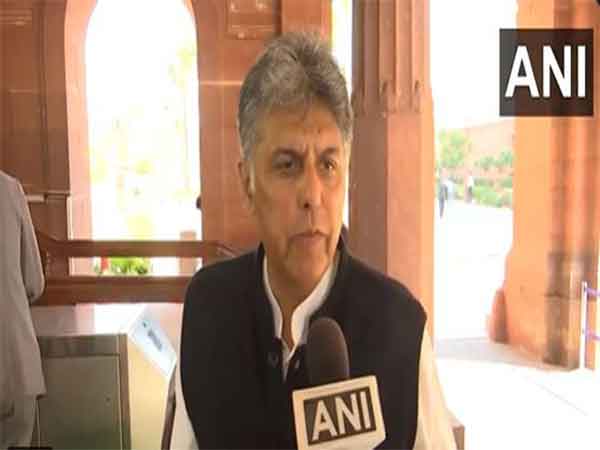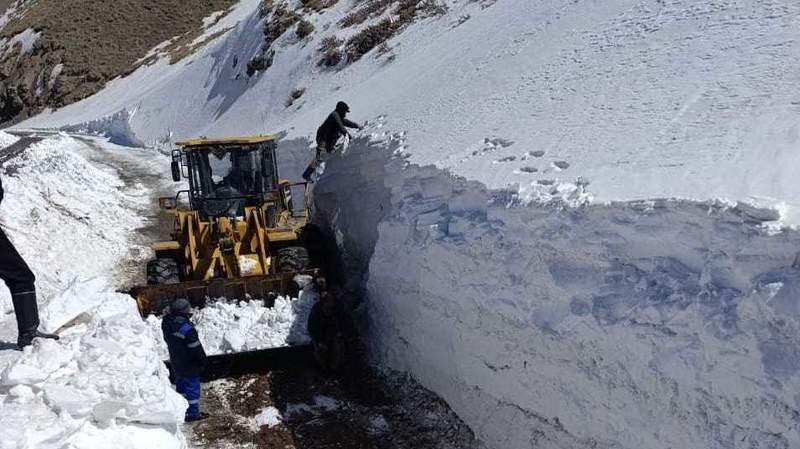
Anders Dale, a neuroscientist widely known for his insights about the brains of children and adolescents, has been appointed president of the J. Craig Venter Institute, the elite biomedical research center in La Jolla.The institute formally completed the move on Tuesday, luring Dale away from UC San Diego, where he has spent the last 21 years, often as one of the school’s most highly funded scientists.
Dale, who is ranked among the 50 best neuroscientists in the world by Research.com, told The San Diego Union-Tribune he will shift to JCVI about $10 million of his current $14 million in funding from the National Institutes of Health.He declined to comment on the cuts the Trump administration is making to NIH grants.

UC San Diego neuroscientist Anders Dale has been appointed president of the J. Craig Venter Institute in La Jolla. (Anders Dale)Venter, the institute’s founder, CEO and board chair, recruited the 60-year-old Dale, who at times has been a research partner.
They share the belief that deeply assessing a person’s health should involve looking not only at a person’s genes but at their phenotypes as well.Phenotype refers to how one’s genetic makeup is expressed in observable traits, including eye color, height and blood type. The traits are determined by genomic makeup and environmental factors, which require deeper study, notably through imaging.
This dual approach is a highly personal matter to Venter, who was awarded the 2008 National Medal of Science for the major role he played in sequencing the human genome.During a comprehensive physical in 2016, Venter learned that he — like many men his age — had early-stage prostate cancer that did not at that point pose an immediate health risk.The discovery was made by Dale, a neuroscientist and radiologist who was using highly advanced imaging equipment.
“Having the combination of genotypes and phenotypes to predict disease is truly personalized medicine brought to life,” Dale told the Union-Tribune on Tuesday.Dale is better known for exploring brains through what are known as the Adolescent Brain Cognitive Development (ABCD) study and the HEALthy Brain and Child Development (HBCD) study.ABCD is the higher-profile project.
In a written overview, the NIH says the study “is assessing brain development in children throughout adolescence, while tracking social, behavioral, physical and environmental factors that may affect brain development and other health outcomes.”Dale’s work in this area will continue at JCVI. He is moving his entire 23-person lab to the institute.
He said the made the move in part because he likes the way the center is organized and run. It does not confer tenure, and no scientists have their own labs. Instead, they work together in teams.
It’s largely the opposite of how big research schools like UCSD operate..











